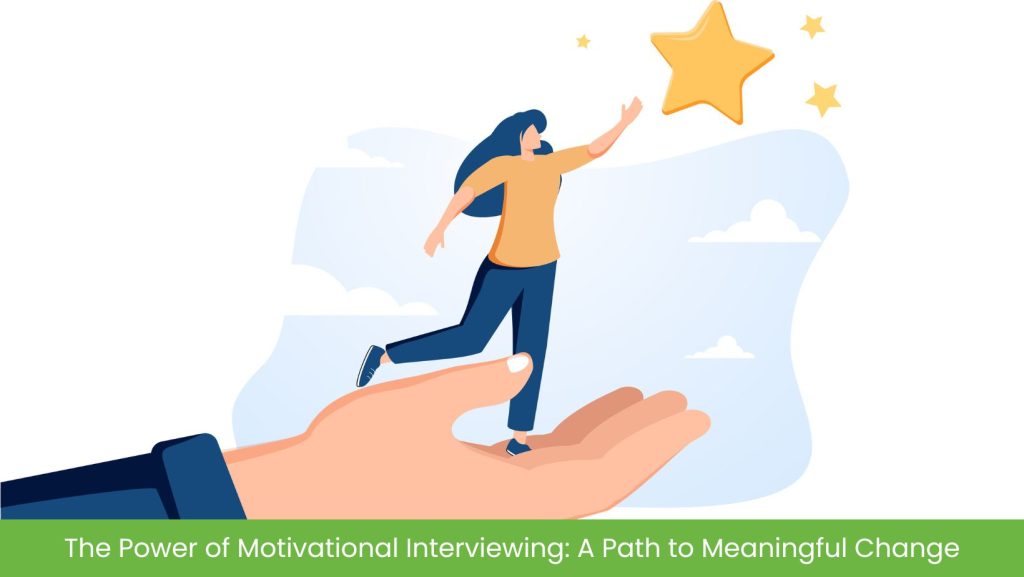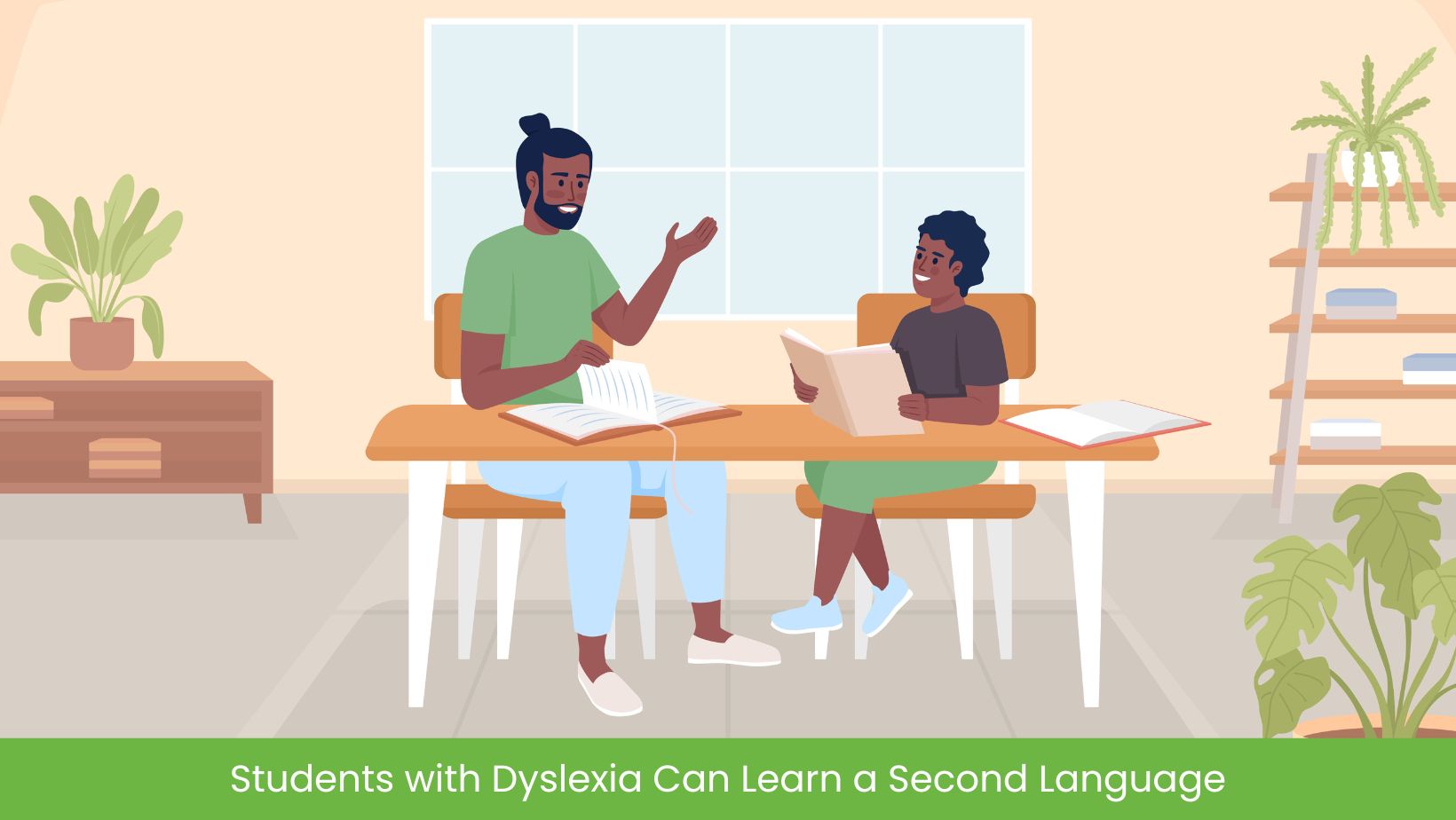Change is difficult. We all have aspects of our lives that we recognize need improvement—whether it’s our health, work habits, relationships, or personal behaviours. Yet, even when we know a change would be beneficial, we often struggle to take the necessary steps. This internal conflict, known as ambivalence, is a common roadblock to personal growth. Fortunately, motivational interviewing (MI) provides a powerful, evidence-based approach to overcoming ambivalence and facilitating meaningful change.
What Is Motivational Interviewing?
Motivational interviewing is a client-centered, collaborative communication style designed to help people explore their own motivations for change. Developed by William R. Miller and Stephen Rollnick in the 1980s, MI was initially used in addiction treatment but has since been applied to various types of behavioural changes, including health management, work productivity, and personal development.
Unlike traditional methods that rely on external pressure or persuasion, MI respects an individual’s autonomy and helps them articulate their own reasons for change. Rather than instructing someone on what they “should” do, MI practitioners ask thoughtful questions, listen empathetically, and reflect what they hear back to their clients, allowing them to recognize the discrepancies between their current behaviour and their long-term goals.
What Kinds of Behaviours Can MI Help Change?
Because MI focuses on intrinsic motivation, it has been successfully used to address a wide range of behavioural challenges, including:
- Health-related behaviours (e.g., diet, exercise, smoking cessation, medication adherence)
- Substance use (e.g., alcohol, tobacco, drug addiction)
- Mental health management (e.g., coping with anxiety, depression, and stress)
- Work and productivity habits (e.g., time management, goal setting, professional development)
- Interpersonal relationships (e.g., improving communication, reducing conflict, setting boundaries)
- Financial and lifestyle changes (e.g., budgeting, reducing gambling, shopping habits)
Regardless of the specific behaviour, MI’s core principles remain the same: engaging the individual, identifying their goals, evoking their own reasons for change, and collaboratively developing a plan for action.
How MI Supports People with Learning Differences
For individuals with learning disabilities, ADHD, or other cognitive and behavioural challenges, change can be even more daunting. Traditional methods of behaviour modification may not work as effectively because they often focus on external discipline rather than internal motivation. MI offers a more effective approach by working with the unique strengths and perspectives of these individuals rather than imposing rigid expectations.
#1. Empowering Decision-Making
People with ADHD, for example, often struggle with impulsivity and executive functioning. MI helps by guiding them through structured conversations that allow them to weigh the pros and cons of their choices, making change feel more manageable and personally relevant.
#2. Reducing Resistance and Increasing Engagement
Individuals with learning disabilities may have experienced years of frustration, leading to resistance to traditional interventions. Because MI is non-judgmental and affirming, it reduces defensiveness and fosters a sense of collaboration, making individuals more open to considering change.
#3. Enhancing Self-Efficacy
Many people with cognitive challenges struggle with self-doubt and low confidence in their ability to change. MI builds self-efficacy by reinforcing past successes, focusing on strengths, and helping individuals recognize their own capacity for improvement.
#4. Tailoring Conversations to Individual Needs
MI’s flexible, person-centered nature allows practitioners to adapt their approach based on an individual’s cognitive and emotional needs. Rather than using a one-size-fits-all approach, MI ensures that the conversation aligns with the individual’s pace and comprehension.
The Four Core Processes of MI
- Engaging: Establishing a trusting relationship and open dialogue
- Focusing: Identifying the specific behaviour or goal the individual wants to change
- Evoking: Encouraging the person to articulate their own reasons for making a change
- Planning: Collaboratively developing an action plan that feels realistic and achievable
These processes work together to create a supportive environment where individuals feel heard, valued, and empowered to take meaningful steps toward change.
How to Use MI in Everyday Life
You don’t need to be a professional therapist to use MI techniques in your daily interactions. Whether you’re a teacher, parent, healthcare provider, or friend, you can apply MI principles to encourage positive change in others by:
- Asking open-ended questions (e.g., “What would be different if you made this change?”)
- Practicing active listening and reflecting back what you hear
- Affirming the individual’s strengths and past successes
- Avoiding judgment, pressure, or unsolicited advice
- Helping them explore their own motivations rather than imposing your own
Motivational interviewing is a powerful tool for helping people navigate the complex process of change. By fostering self-reflection, autonomy, and personal motivation, MI helps individuals overcome ambivalence and take meaningful steps toward their goals. Whether you’re trying to improve your own habits or support someone else in their journey, the principles of MI offer a compassionate and effective way to make lasting change possible.
At Evoke Learning, our coaches specialize in helping our clients facilitate changes in their academic, professional, and personal lives, enabling them to address obstacles, achieve their objectives, and thrive. Contact us to learn more.



